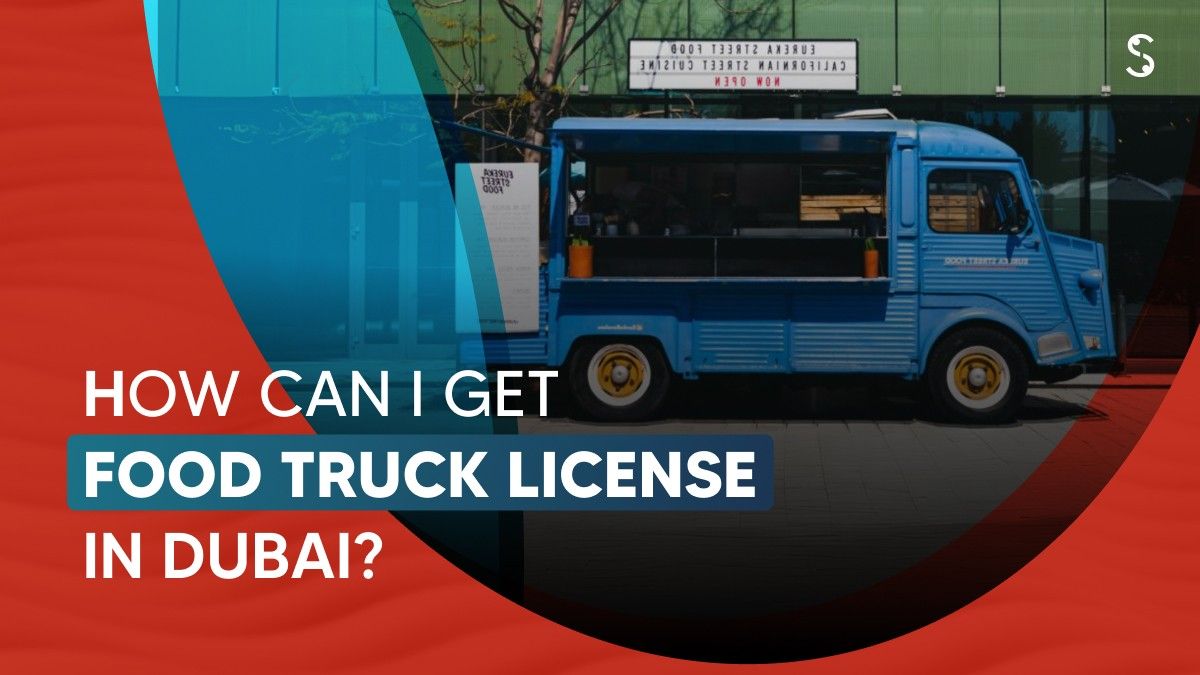How Can I Get a Food Truck License in Dubai?
Food trucks have become a popular dining option in Dubai, offering a wide variety of delicious and convenient meals to residents and tourists alike. From gourmet burgers to authentic street food, food trucks in Dubai cater to a wide variety of tastes and preferences. However, before you can hit the streets with your own food […]


